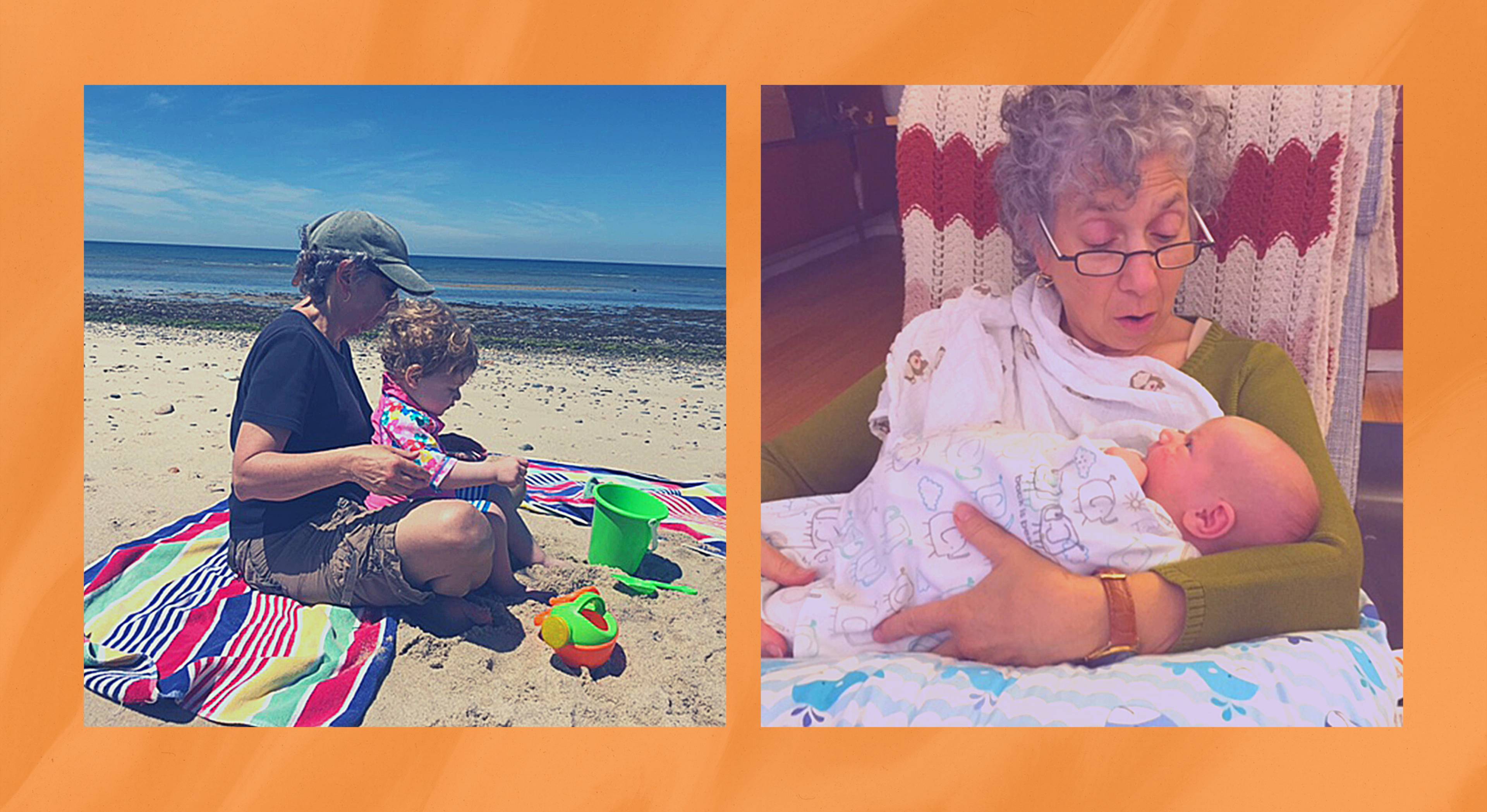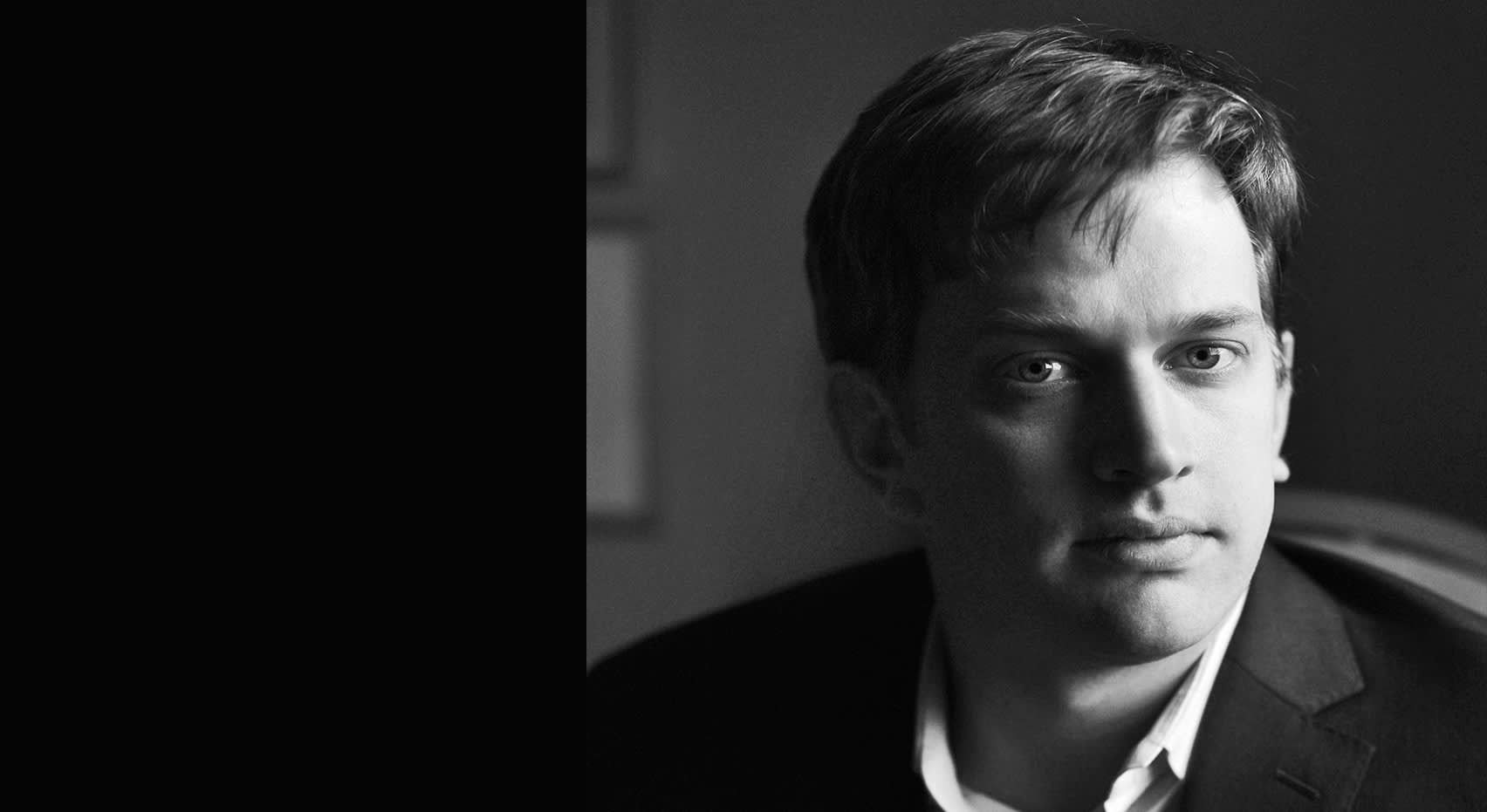“We’re pregnant! You’re going to be a grandparent!”
The announcement is so exciting, it feels so profound—cue The Lion King soundtrack—that the news blots out everything for a while. Your baby is having a baby. Wow.
You call everyone you know (unless you’ve promised not to tell yet). Maybe you start buying onesies, collecting stuffed animals, or setting up a college fund.
But then what? The big event lies months away and in the meantime, how do you prepare for what can be one of the most meaningful parts of later life? What not enough of us do, I think, is talk to our children about what they want from us now. How can we support them as they move into this demanding new role?
What not enough of us do, I think, is talk to our children about what they want from us now.
When my daughter trekked out from Brooklyn to my apartment in New Jersey to deliver the news in person, I immediately declared that a) I wanted to be called “Bubbe,” which is Yiddish for Grandma and b) I would be her Friday day care provider each week.
That first decision was mine to make. Most of us never got to choose the names we’ve carried around all these decades, but we can pick the ones our grandchildren will use for the next few. But that second decision? Well, I should have asked.
After all, grandparenting comes in many varieties. Are you going to be the grandparent who spends half the year somewhere distant and sunny, but invites the family down for a week, or the one who lives around the corner and pitches in with hands-on childcare and chores? The grandparent on standby when the kid gets sick or the babysitter falls through? Or the one overseas who waits all year for the annual monthlong visit?
Any of these can result in close relationships—but it helps to discuss the new parents’ expectations and our own. Maybe we see ourselves shepherding the grandchildren on fun excursions in a few years, once they’re old enough for the zoo. Meanwhile, our exhausted children wish we’d bring dinner over once a week, starting right now, and throw in a couple of loads of laundry while we’re at it.
Families can adapt to changing circumstances, to the realities of health and geography and work. My granddaughter is four now and I still show up weekly, because I’m lucky enough to live fairly nearby and I still have the stamina to spend hours with a toddler. Despite a few missteps, we’ve been able to make it work.
But when nobody thinks to talk about these changes, hard feelings can follow.
For the New York Times columns I write about grandparenting, which I’ve adapted for my Audible Original The Bubbe Diaries, I interviewed a 72-year-old who relocated to Southern California to help her son and daughter-in-law raise their baby, her first grandchild. She planned to be in the trenches, babysitting regularly.
Then she discovered that her daughter-in-law, whom she didn’t know well, didn’t want her help or even her baby gifts. The situation might have stemmed from what sociologists call “matrilineal advantage,” which refers to the tendency for a new mother’s parents to be more involved with, and therefore closer to, the grandchild than the father’s parents.
Unlike many of the milestones of adult life, we don’t get to decide whether or when it happens. We play a different part, a supporting role.
The saddened grandmother felt so excluded that she planned to move away and only visit every few months. Perhaps she could have avoided this sorrow if everyone had been more open about what they had in mind.
On the other hand, while I’m bubbe-ing with my granddaughter, I sometimes run into my daughter’s neighbor with her young children. She tells me, wistfully, that her own mother lives much closer than I do, but rarely comes to help out.
I wonder to myself, “Have you asked her? Does she know you need a hand? Maybe she thinks she’s respecting your boundaries. Maybe her own experience as a parent was so different that she doesn’t grasp how stressful it is to raise two kids while holding down a job.”
Why don’t we talk about this stuff? Maybe we figure we already know what we need to know. We’re the veterans, the experts, the ones who’ve raised children. And it’s true that we can fall right into the old routine, the lullabies and mushy food and repeated readings of The Very Hungry Caterpillar. It feels familiar.
But grandparenting is not the same job. Unlike many of the milestones of adult life, we don’t get to decide whether or when it happens. We play a different part, a supporting role. This is not our child and we’re not in charge.
It’s worth learning and relearning: Tell the new parents what you have in mind; ask what they have in mind. Then, see what you can work out collectively.
When I feel like a successful bubbe, one whose granddaughter comes hurtling down the hall to greet me each week, whose daughter and son-in-law say hello with audible relief, I feel enormously lucky. My relationship with this small girl has brought intense joy and satisfaction. (And exhaustion too. The last time I chased a preschooler around the park, I was literally half this age.)
But I remind myself regularly: ask. It’s a lesson I learned, along with so many others—like what to say when a three-year-old offhandedly asks you whether you’re going to die—when I interviewed experts and fellow grandparents for The Bubbe Diaries.
As close as I am to my daughter, I can’t read her mind, and vice versa. This is an evolving relationship that three generations are creating together.
Paula Span, author of The Bubbe Diaries, has been a journalist since her teens. She chronicles aging for The New York Times' New Old Age blog and teaches journalism at Columbia University.


